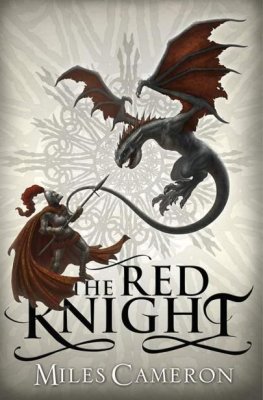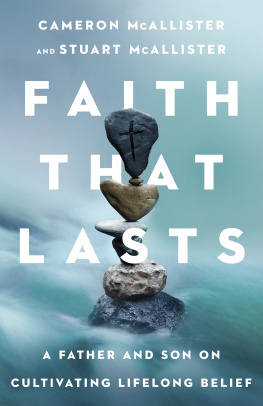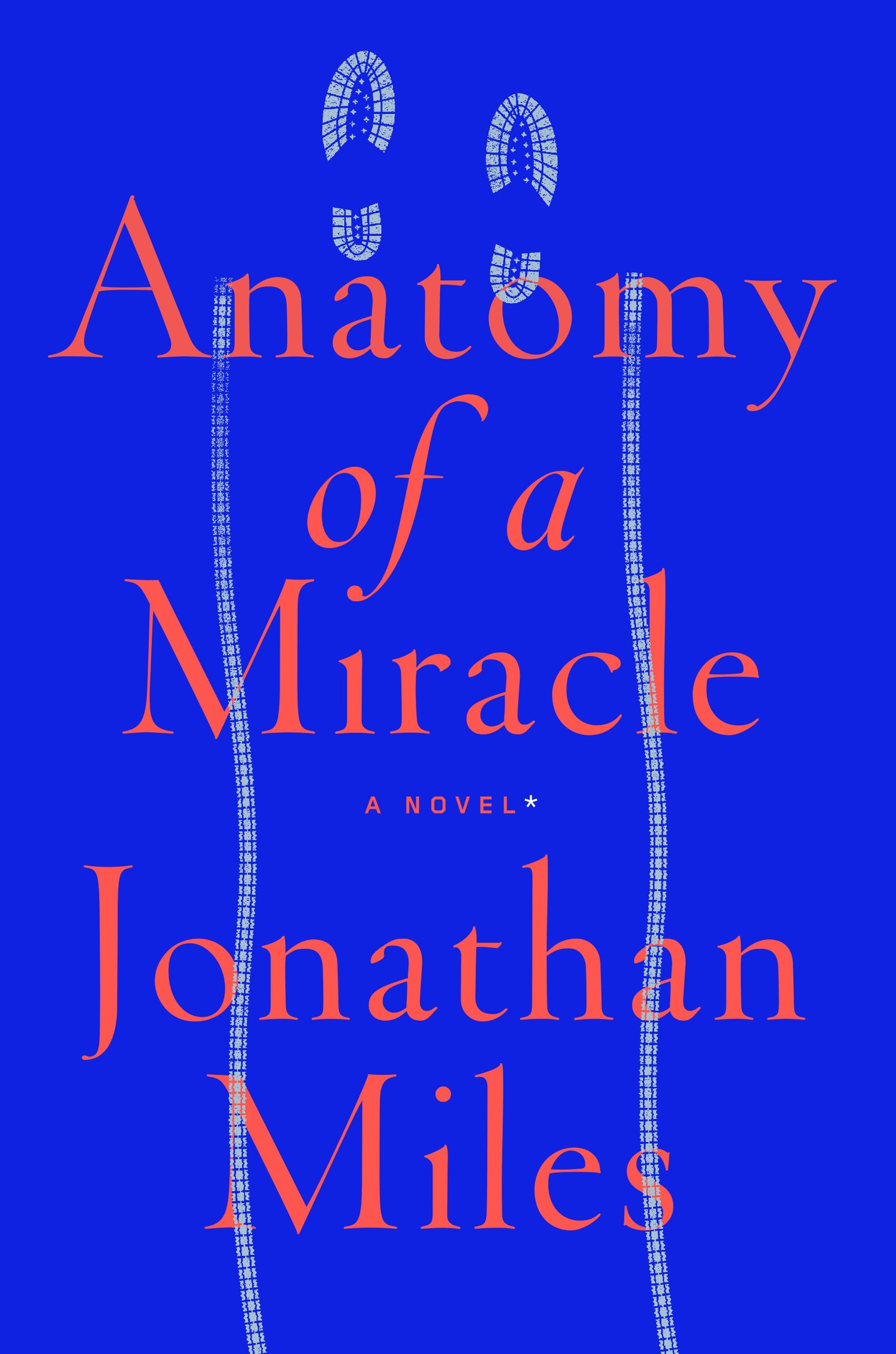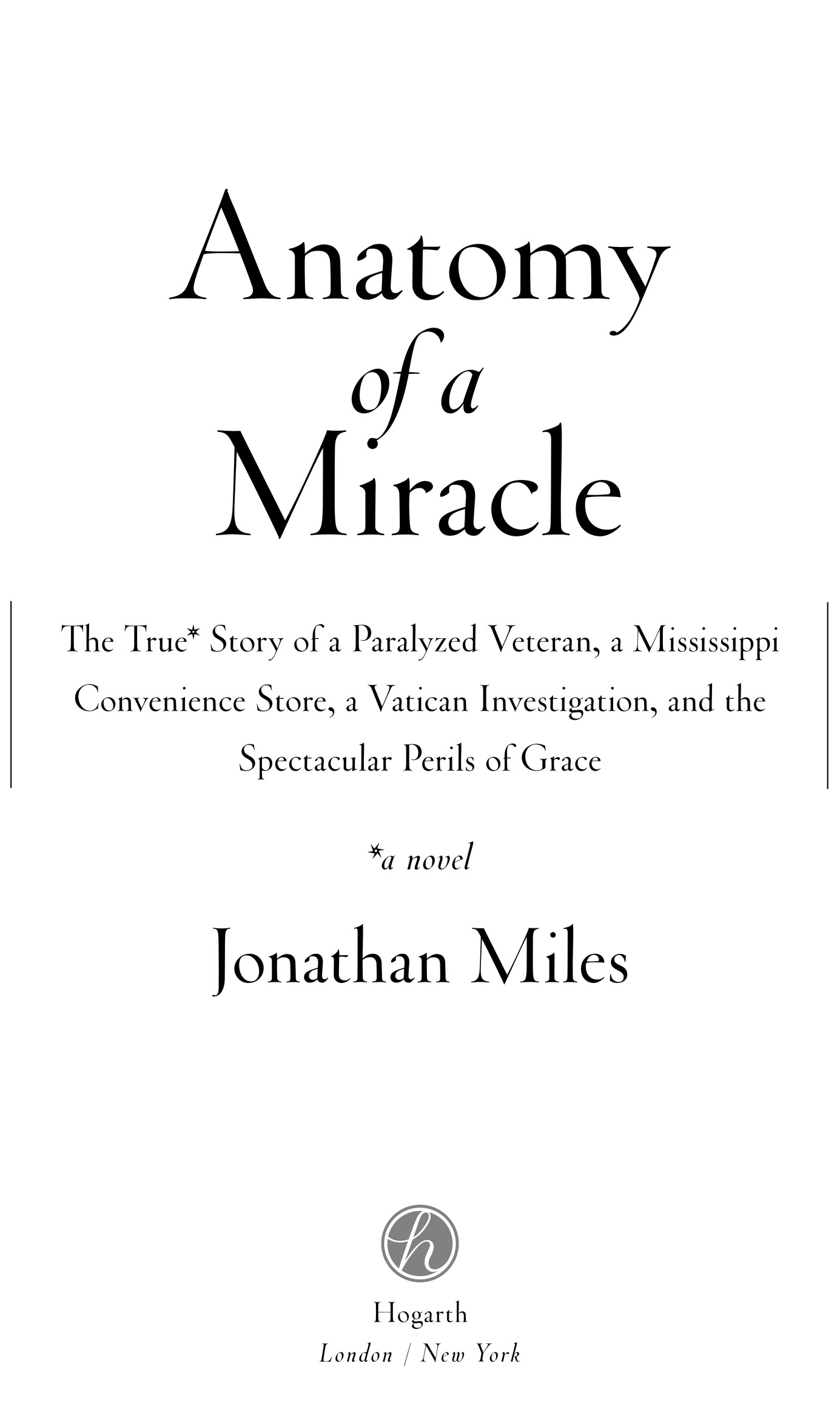All the scenes and dialogue contained herein were reconstructed from the recollections of participants and observers and further supported, whenever possible, by audio recordings, video footage, diaries, notes, court transcripts, and other corroborating materials. In scattered instances where there remains a dispute in recollection, this discrepancy is parenthetically noted.
but one who denies them is a heretic.
one
On the afternoon of August 23, 2014, Tanya Harris wheeled her younger brother, Cameron, to the Biz-E-Bee store on the corner of Reconfort Avenue and Division Street in Biloxi, Mississippi. Nothing about the afternoon or about Cameron or about Tanya herself suggested this would be her final time doing so; she was merely out of cigarettes, and her brother, slack-faced and sulky on a day that felt lethally humid, short on beer.
Tanya Harris is a squat, wide-hipped woman of twenty-nine whose gently popped eyes lend her face an expression of perpetual surprise or amazement, and whose flat-footed manner of walking appears consciously orchestrated, as though shes never outgrown the fear of stepping on a crack thereby breaking her mothers back. Shed recently dip-dyed one side of her hair, which is naturally a dingy shade of blond faintly slashed with premature gray, and on this afternoon streaks of a vividly chemical pink spilled down one side of a white T-shirt on which was printed HAP-PAY HAP-PAY HAP-PAY . Some of her many tattoos were already ridging from the heat, their edges swelling as though the ink was approaching a simmer. Pushing her brothers wheelchair down the center of Reconfort Avenue, to avoid the uneven jags of the sidewalk and the mini-dunes of sand swept there, she maintained the freewheeling stream of humming, commentary, rhetorical questioning, and singing that is her hallmark to family and friends. (She does not shut up, grumbles her brother, with acerbic affection. Not ever.) The chorus to Jay Zs song 99 Problems came flitting between observations about the swampy-ass August heat and her sharp denunciation of a neighbor whose neglected laundry, drooping on a mildewed clothesline, had already weathered, by Tanyas reckoning, its third rainstorm. Gonna need to re-wash every one of those shirts, she muttered, over the fwap fwap fwap of her flip-flops spanking the asphalt. The sight of a chow mix, chained to a ginkgo tree in another neighbors front yard, elicited the same cluck of pity it had been eliciting from her for almost a decade.
Her brother, Cameron, wasnt listening; or, if he was, he doesnt remember it. As he explains: She repeats things two or three times if youre supposed to answer. But Cameron was also, by his own admission, a little out of it. Hed popped his first can of Bud Light at noon, to wash down the Klonopin and Concerta he was taking for anxiety and memory loss, and hed followed that beer with three, maybe five more. Thermal angel blood, he calls it, a reference to a blood and intravenous fluid warmer hed seen medics use during his combat tour in Afghanistan.
Afghanistan was the last place Cameron ever walkedmore precisely, on a ridge outside the mountain village of Sar-Dasair, in the Darah Khujz District of Zabul Province, where, in the early hours of March 22, 2010, Private First Class Harris and a fellow soldier wandered off-course during a foot patrol. Cameron was roughly twelve yards away when the soldier, a staff sergeant, stepped on a PMN-2 land minea buried remnant from the former Soviet occupation. The explosion sheared off the staff sergeants legs, genitals, and right forearm and blasted seventy-nine pieces of shrapnel, along with bone shards from the sergeants legs, into Camerons body. One or more of those fragments severed the nerves of his lower vertebrae, instantly paralyzing him below the waist. Two doctors at the Landstuhl Regional Medical Center in Germany divulged the permanence of his condition to him on the evening of his twenty-second birthday, bookending the news with brief and awkward apologies for the poor timing.
Camerons most prominent physical feature, paralysis aside, might be the long alabaster scar that runs down the side of his face, from just below his left temple almost to his jawline. Its a squiggly, sinuous scar, evoking a rivers course on a map, but its not, as one might reasonably presume, collateral residuum from Afghanistan. The scar dates to his early childhood, when he slipped while running on a slick fishing pier and snagged his face on a nail. The scar only adds to the rugged, almost harsh cast of his face, which is further amplified by his high cliffside cheekbones, sharp-cornered jaw, the military-specs trim of his blond hair, and an angry vein in his neck that pulses and squirms from even the mildest aggravation. His eyes, however, cast a different spell: Theyre wide and large like his sisters, with a peculiar boyishness to them, as though his eyes retired their development at puberty while the rest of his features forged ahead. They impart a dissonance to his expressions that can sometimes be jarring; his temper, when it flares, can seem both fearsome and puerile. Most of all, however, those eyes highlight the gross tragedy of what happened to him in Afghanistanthat he had yet to fully graduate from boyhood when he was struck down in the Darah Khujz.
On this particular August afternoon, Cameron was dressed in his usual way: a T-shirt, this one advertising the Mississippi Deep Sea Fishing Rodeo, atop a pair of baggy black knee-length nylon shorts, and on his sockless feet a pair of red Nike tennis shoes that he sometimes called his front bumpers. The home that he and Tanya share is a narrow, half-century-old shotgun-style house that wasnt designed with a wheelchair in mind, and, without shoes, his insensate feet often bore bruises from colliding with sheetrock and doorframes.

















